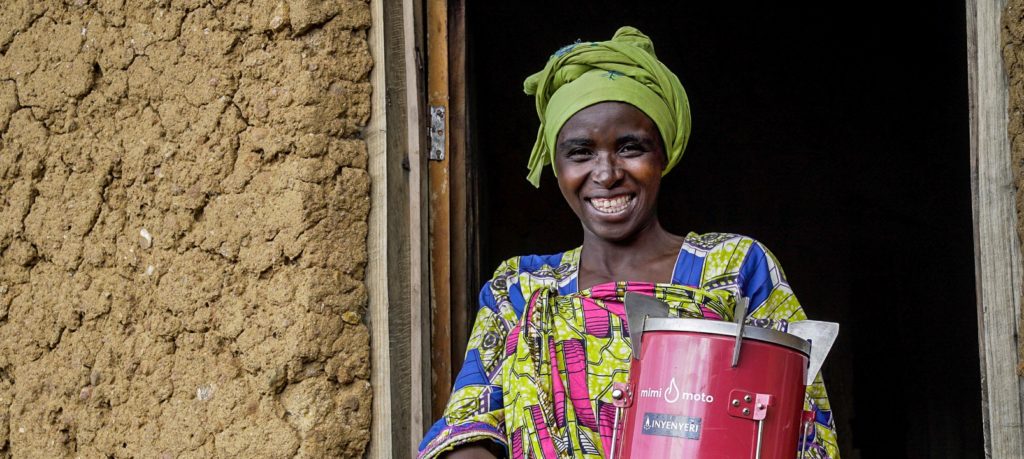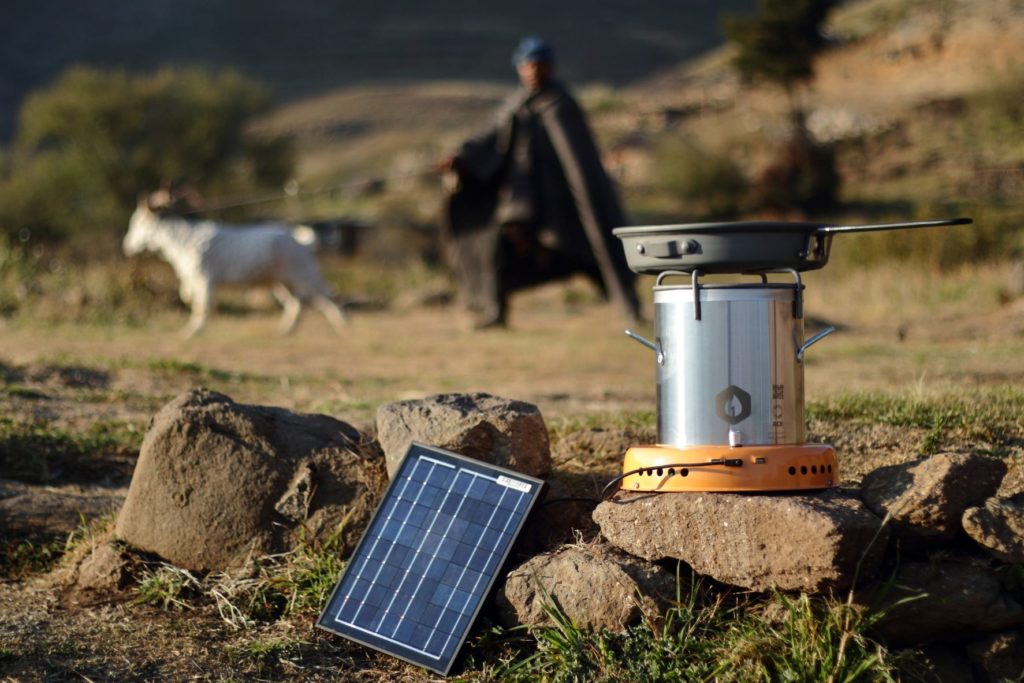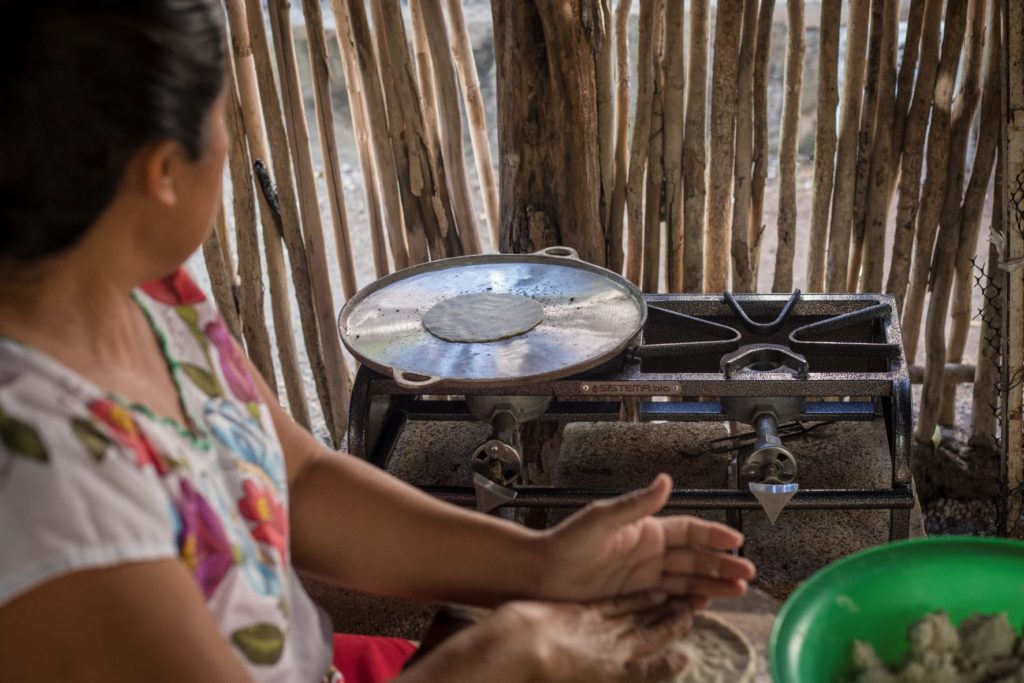
We are sparking a clean cooking revolution
The Dutch Spark is a network of Dutch organisations that joined forces to accelerate the transition to clean cooking.

The Challenge
2.4 billion people cook with traditional solid fuels and rudimentary stoves, mainly in low- and middle- income countries. The consequences are severe. Lack of access to clean and efficient energy has negative impacts on health, climate, environments and gender equality. Women are mostly affected, as they spent most of the time near the stove and are responsible for fuel collection. Access to clean cooking interventions is crucial to reduce the negative effects of solid fuel use.
The effects of clean cooking
Gender equality
Decrease in fuel collection time for women

Environment
Less forest degradation and deforestation
Climate
Reduction of greenhouse gases and black carbon

Health
Improved indoor air and less chronic and acute ailments
Joined Forces
Transitioning the cooking energy sector is a multifaceted, complex process and needs a holistic and multidisciplinary approach. Transitions can be accelerated through join effort. The Dutch Spark is a unique collaboration between Netherlands-based public, business, finance, carbon, and development partners to accelerate the transition to clean cooking. The Dutch Spark functions as a community of practice.
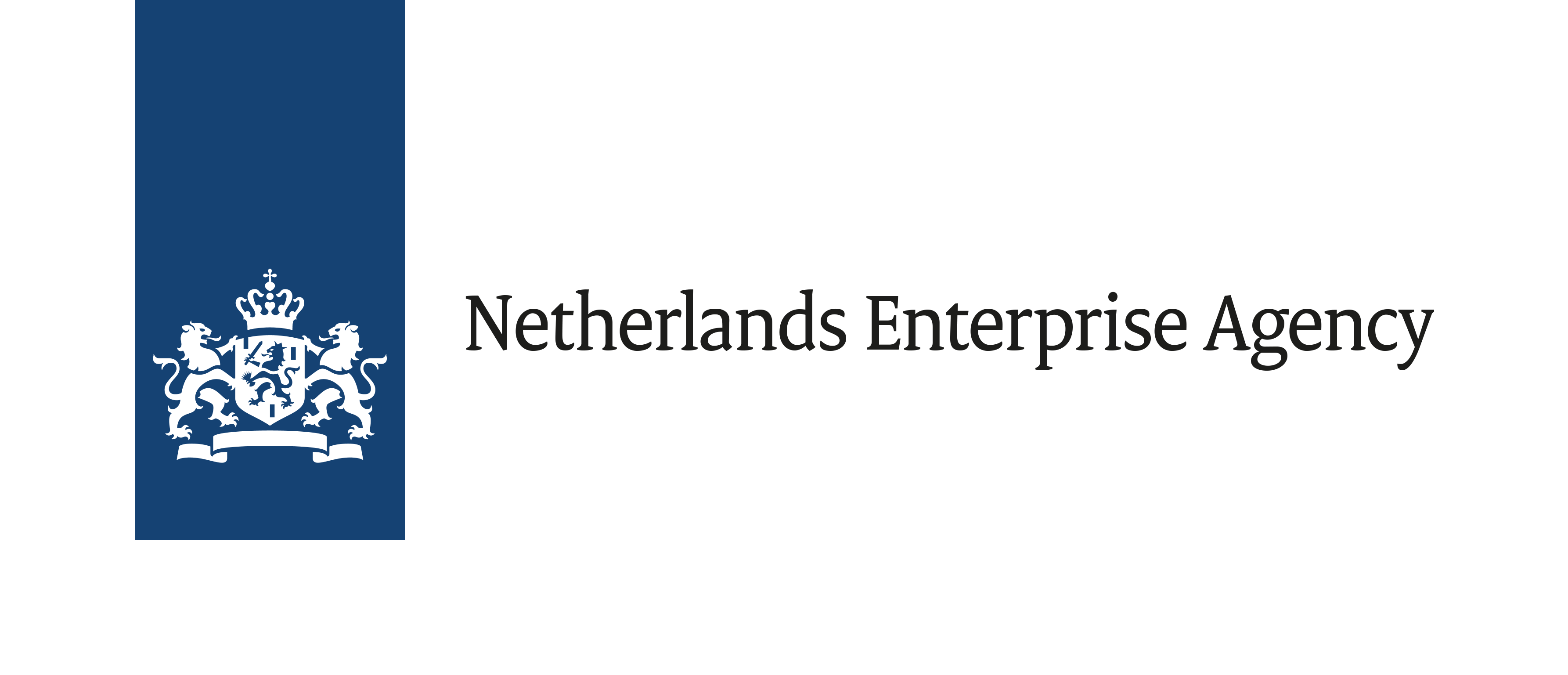
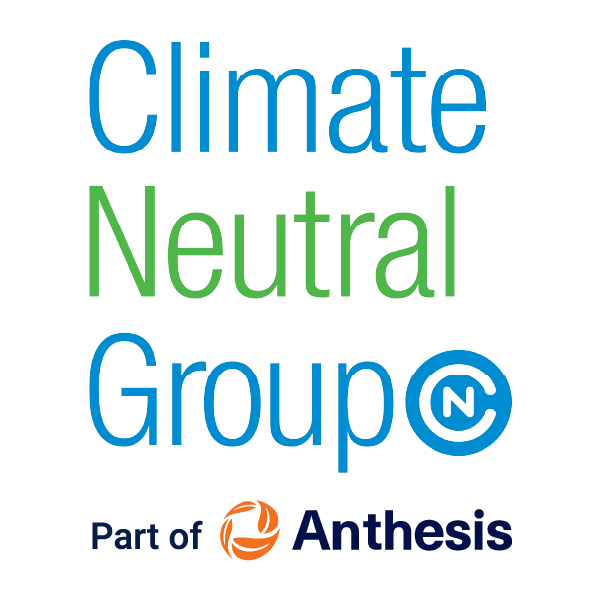
Climate Neutral Group (CNG), founded in 2002, offers carbon footprinting, reduction consultancy, offsetting & Climate Neutral Certification. CNG is a trusted partner for carbon offsetting to complement your company’s carbon reduction program. Our carbon projects will fit your Net Zero CO2 strategy. CNG supported more than 150 carbon offset projects via 3000 clients and has a track record in project development.
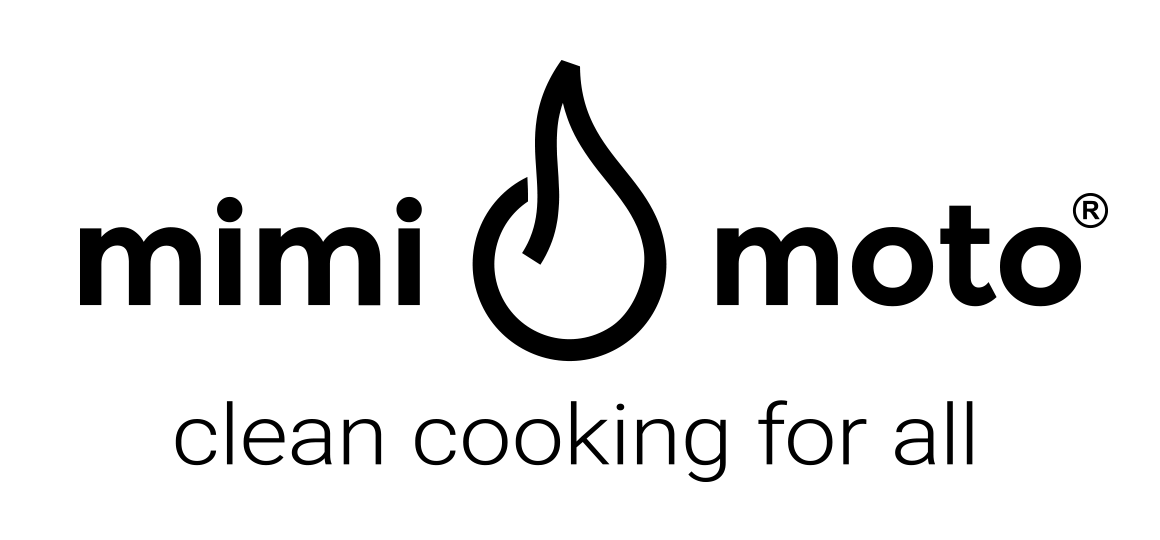
Mimi Moto B.V. is the manufacturer of the Mimi Moto cookstove, the world’s first mass produced biomass stove to reach the highest Efficiency and Emissions rating (Tier 4) which means that it is just as clean as cooking on LPG. After the introduction of the product to the market we learned that a clean cookstove alone isn’t enough to make impact at scale. Our mission is to create global impact and local business with a tool and fuel concept which combines a sustainable locally produced fuel and the cleanest biomass cookstove.
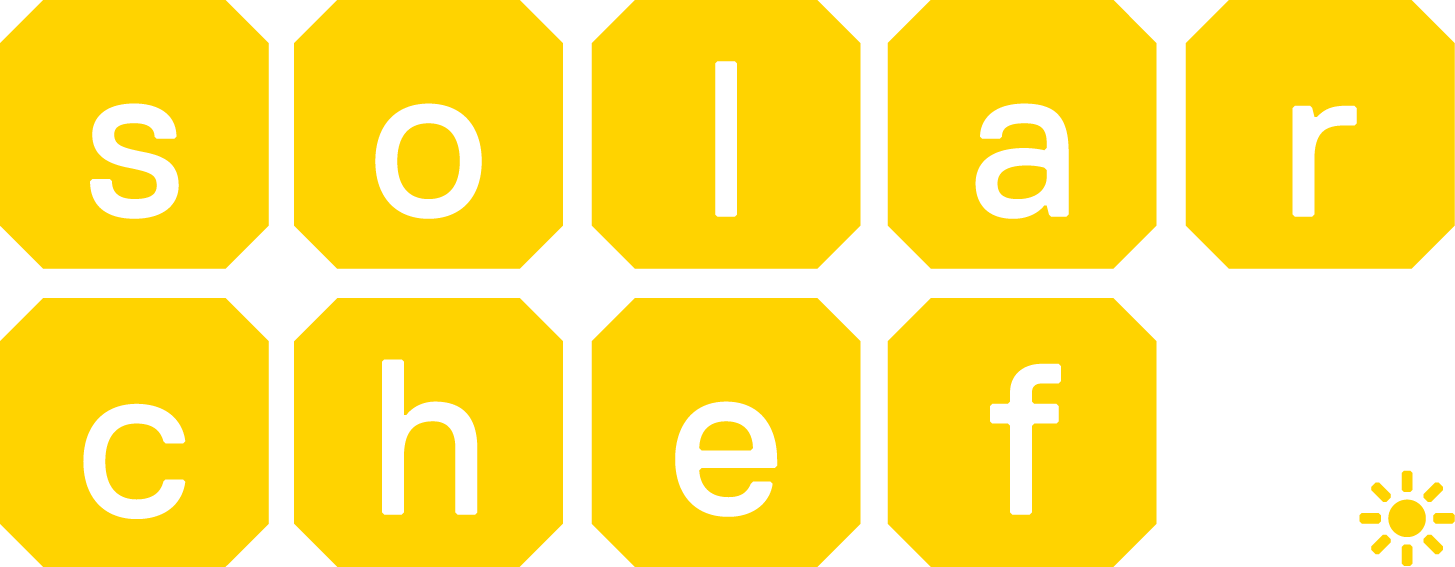
SolarChef combines the key components to make solar cooking a viable, more healthy and sustainable alternative to cooking on charcoal or fuelwood, all around the globe.
At SolarChef, we believe that solar-powered electrical cooking is the future of sustainable living. By harnessing the abundant and renewable energy of the sun, we empower people to embrace greener cooking methods without compromising on their culture or convenience.
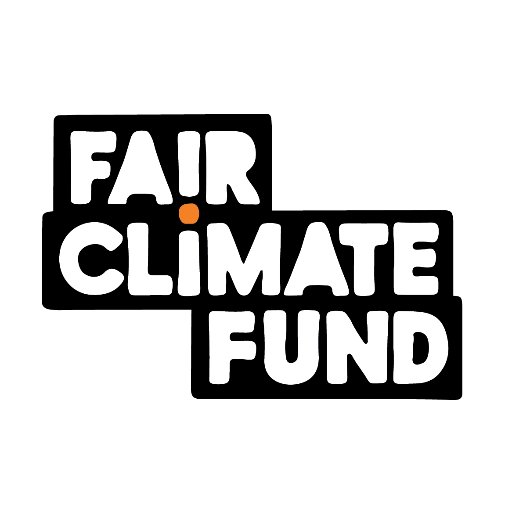
FairClimateFund (FCF) finances and implements climate projects. We aim to give low-income households access to cleaner cooking solutions and reforestation projects. These climate projects reduce CO₂ emissions and deforestation and improve the living conditions for people in developing countries. We want to demonstrate that the carbon market can benefit those who are the most vulnerable to the effects of climate change in a fair and effective way, using the Fairtrade Climate Standard.
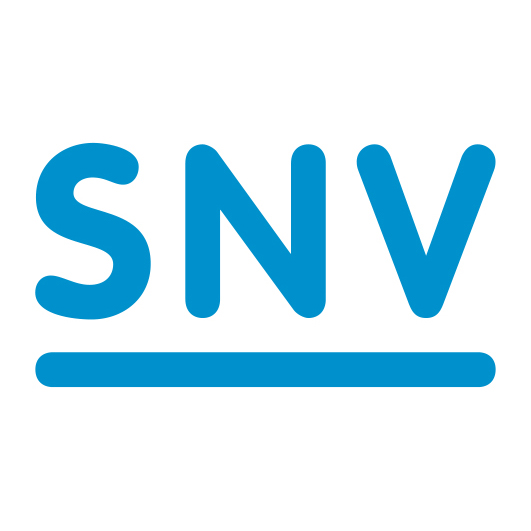
SNV is a not-for-profit international development organisation that makes a lasting difference in the lives of people living in poverty by helping them raise incomes and access basic services. With a long-term, local presence in about 25 countries in Asia, Africa and Latin America, we focus on agriculture, energy and water, sanitation and hygiene. In the energy sector, we work with public and private partners in accelerating energy market development for biodigesters, clean cooking and off-grid electricity.

BixCapital’s mission is to support and grow markets for high impact products and services, such as cookstoves or water purification systems, through providing impact finance to SMEs and other enterprises in sub-Saharan Africa and Asia. This improves the livelihood of people at the base of the pyramid and generate significant SDG impact.

Hivos is an international development organization guided by humanist values. Together with citizens and their organizations, we aim to contribute towards just, inclusive and life sustaining societies where people have equal access to opportunities, rights and resources. We work in partnership with others in the Middle East, Africa, Asia and Latin America on three impact areas: civic rights; gender equality, diversity and inclusion, and climate justice. Our approach is solution driven, and we build wider movements for change by amplifying and connecting voices.
ENERGIA is an international network of like-minded organisations and professionals, active in Africa and Asia. Our vision is that women and men have equal and equitable access to and control over sustainable energy services as an essential human right to development.
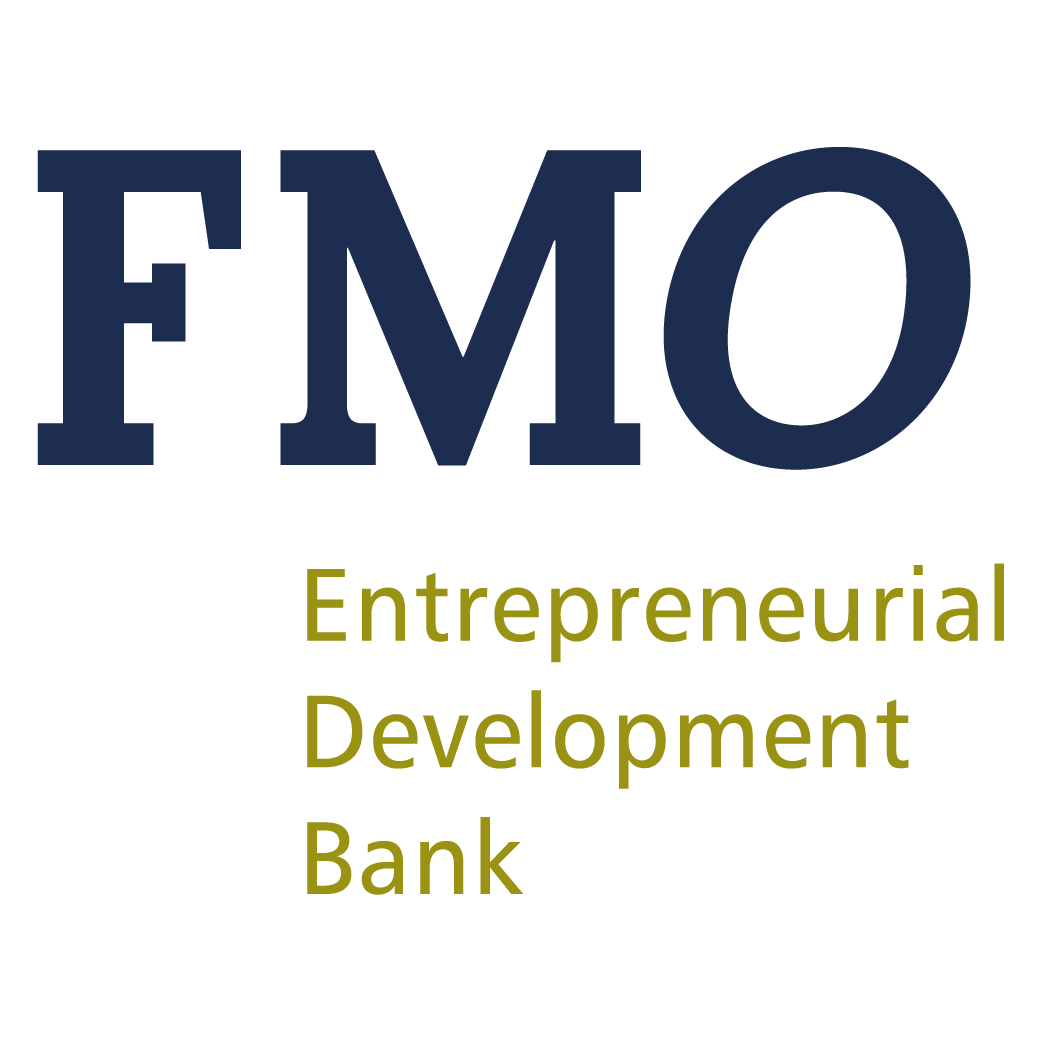
FMO is the Dutch entrepreneurial development bank. Since 1970, we have been a driving force behind investments empowering local entrepreneurs in emerging markets. Entrepreneurs active in the clean cooking solution sector are building innovative ways to transform the lives of low-income customers but are yet looking for ways to reach scale. Via the Access to Energy Fund FMO can play a catalysing role and assist the sector to explore innovative finance models to disseminate clean cooking solutions in a way that ensures true product adoption and regular usage, as well as sustainable new business models for clean fuel value chain.

At African Clean Energy (ACE), we specialise in manufacturing and distributing the ACE One Energy System, a high quality solar-biomass hybrid, enabling users to cook using significantly less fuel and offering access to electricity for mobile charging and lighting. The ACE Connect package consists of an ACE One coupled with a smartphone with a pre-installed ACE Connect app which tracks the usage data of the ACE One and presents microloan data to customers. The data is uploaded to ACE’s Salesforce-powered digital backend whenever the customer’s smartphone goes online. ACE is scaling the ACE Connect package across its markets. Its unique data capturing facility allows the deployment of the ACE One as an Energy-As-A-Service solution under which customers will pay a monthly fee which will provide them with access to the ACE One, sustainable fuel packages and a smartphone.
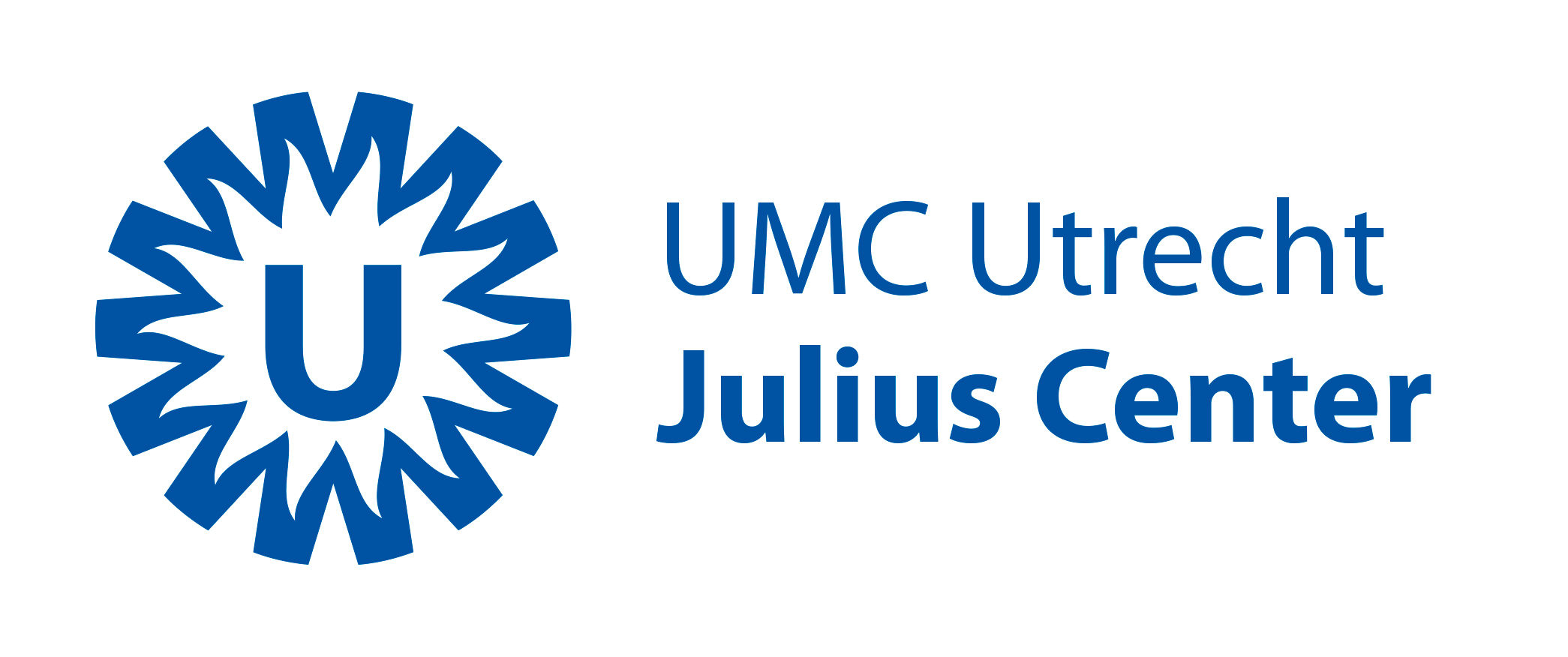
Doing research at the intersection of environmental and global health, with a special focus on the impact of solid fuels on human health.
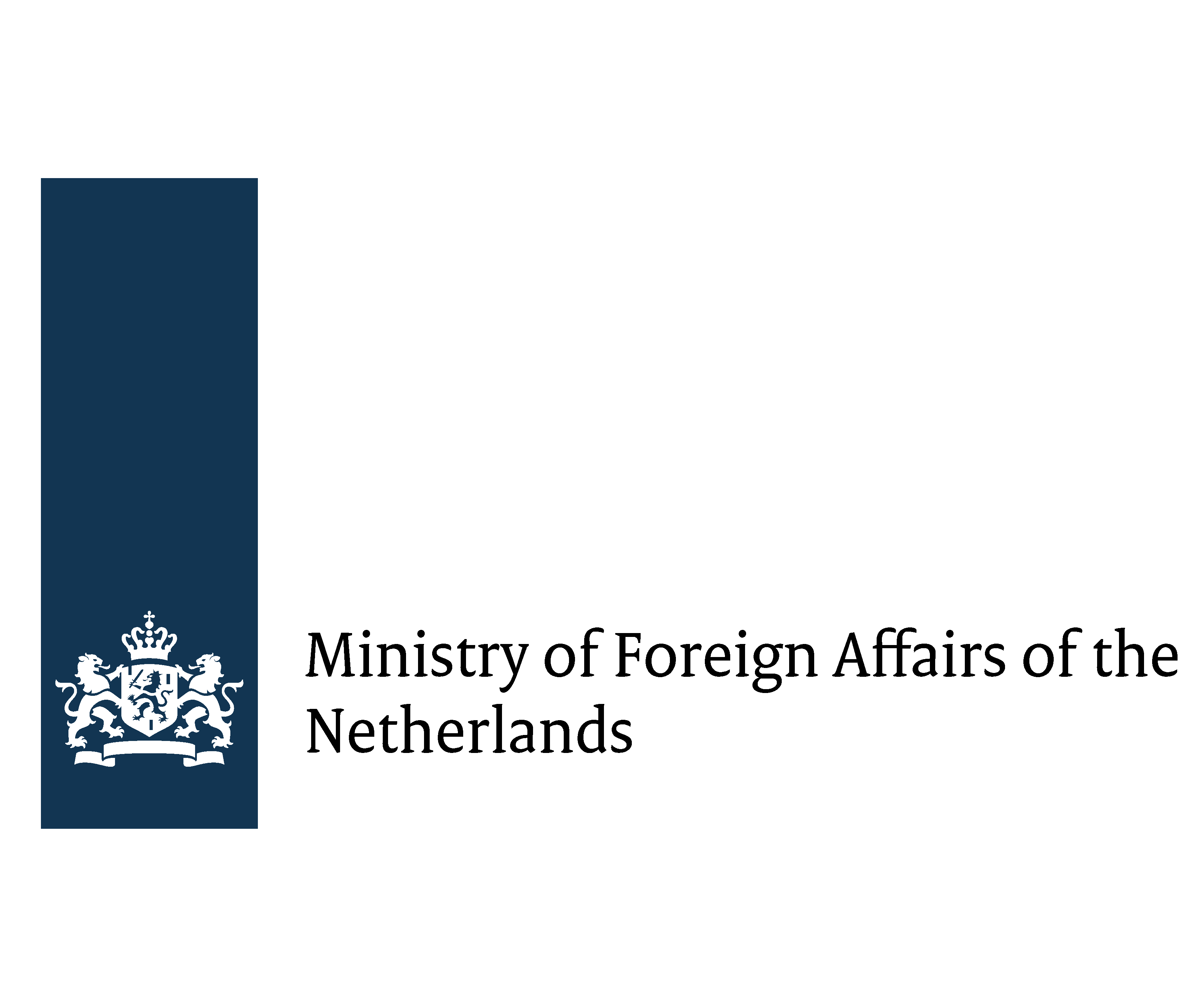
Through our development policy the Government of the Netherlands invests in access to renewable energy (both electricity and clean cooking) for the poorest and most vulnerable people, including women. We invest in a fair and inclusive energy transition, offering the prospect of wellbeing, resilience and economic opportunity, and preventing carbon emissions. Our goal is to support 50 million people in gaining access to renewable energy between 2015 and 2030.

